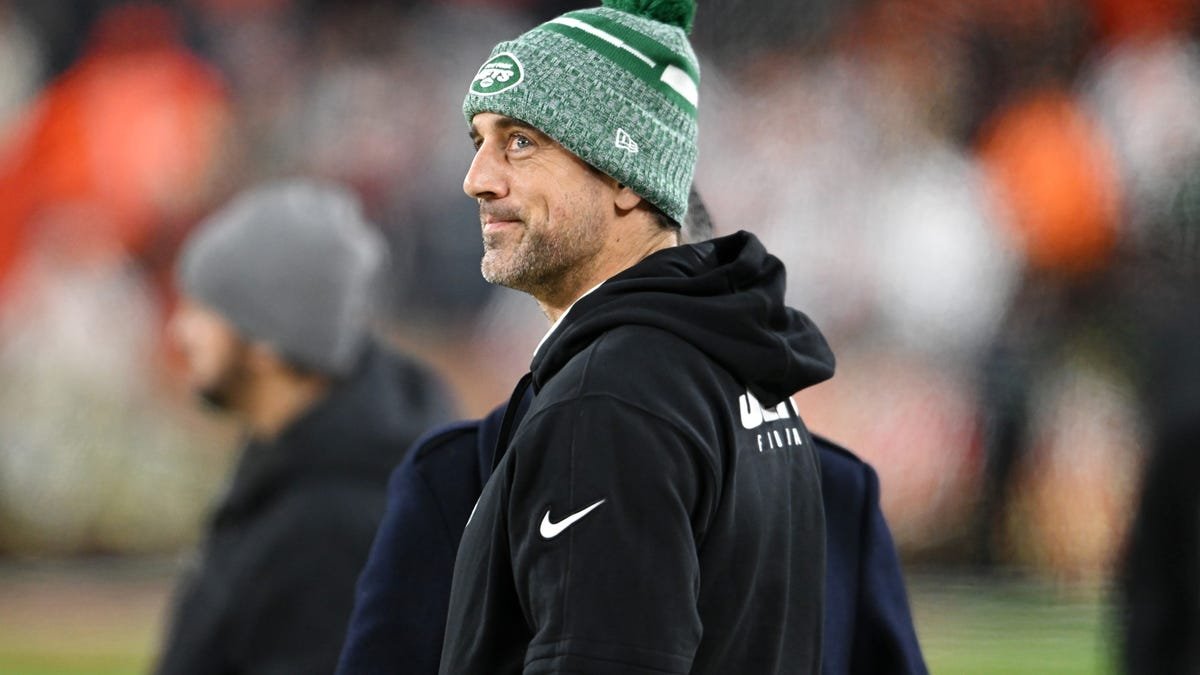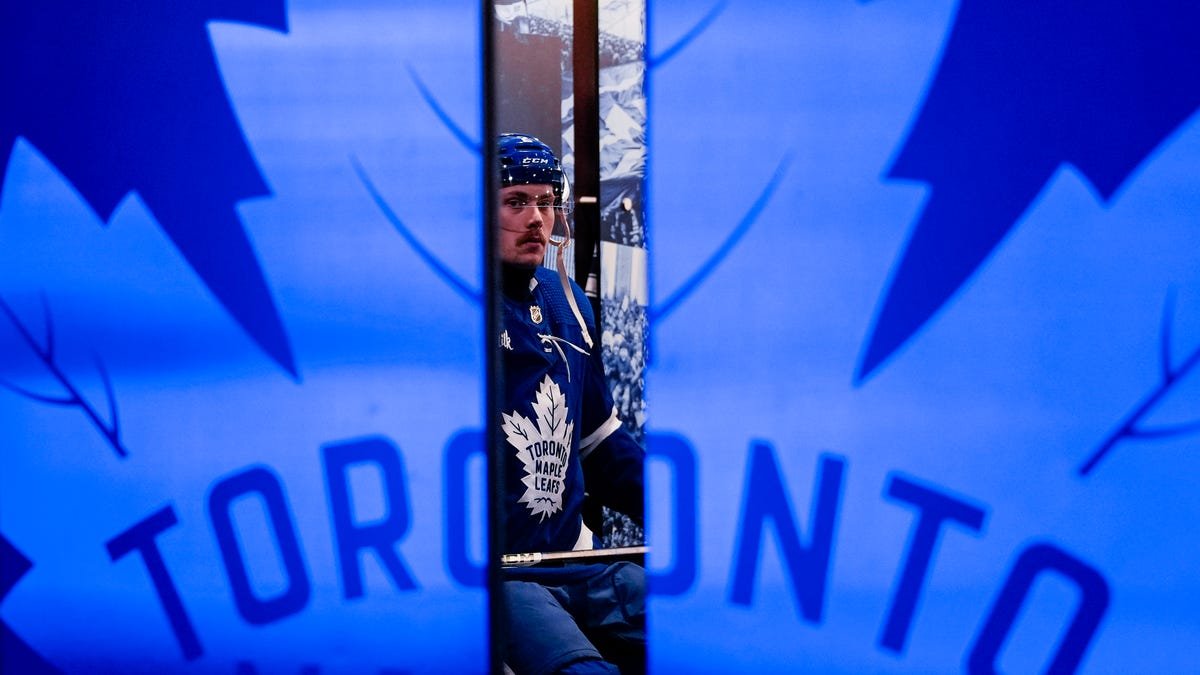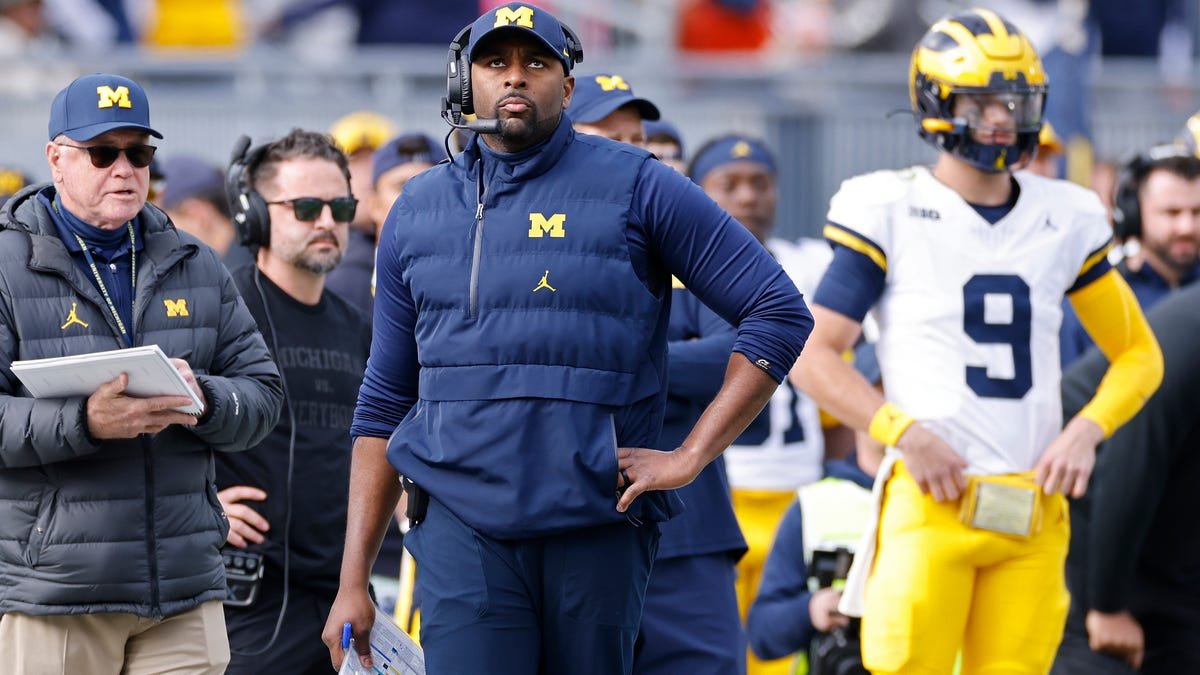In the world of journalism, there was once a time when spreading false information was highly discouraged. However, in recent years, certain media outlets have realized that there is a lot of money to be made by telling people what they want to hear, regardless of the truth. One prime example of this is FOX News, which gained notoriety for spreading wild speculation about former President Barack Obama’s birthplace and later for promoting lies about election fraud and the events of January 6th.
FOX News’s willingness to peddle false information only came to a halt when Dominion Voting Systems sued the network for defamation, resulting in a $787 million settlement. This incident highlights the dangerous consequences of allowing misinformation to run rampant in the media.
Unfortunately, this trend is not limited to FOX News. The Pat McAfee Show, for which ESPN paid a whopping $85 million, has also become a platform for conspiracy theories and false information. Every Tuesday, when Aaron Rodgers appears on the show, it turns into a litany of baseless claims and unfounded speculations.
Rodgers, who is ostensibly there to discuss football, has used his platform to express a desire to debate Dr. Anthony Fauci on vaccines, promote anti-vaxxer and presidential candidate Robert F. Kennedy, mock Travis Kelce for endorsing Pfizer, and now, defame late-night host Jimmy Kimmel. It is deeply concerning that ESPN, a network that recently canceled a show dedicated to actual journalism, seems to turn a blind eye to Rodgers’s promotion of anti-vaccine rhetoric and anti-intellectual nonsense.
ESPN’s lack of accountability becomes even more apparent when Rodgers slandered Jimmy Kimmel by suggesting that his name would be on the upcoming list of Jeffrey Epstein clients. Kimmel responded to this baseless accusation on social media, prompting brain-dead individuals to believe it as fact.
It is infuriating on multiple levels to see Rodgers resort to calling Kimmel a pedophile simply because he was upset by Kimmel’s mockery of his anti-vaxx stance. It is even more disturbing that no one on the show immediately called Rodgers out for crossing a line. The fact that Rodgers sees pedophilia as a punchline rather than a traumatic experience for Epstein’s victims is deeply troubling.
What is even more concerning is ESPN’s silence on the matter. It has been nearly 24 hours since Rodgers made these defamatory statements, and ESPN has yet to issue a comment or disavow his falsehoods. This failure to address the situation demonstrates ESPN’s indifference to the harm caused by misinformation.
Rodgers’s words may fit the definition of defamation, especially considering that Kimmel is a public figure who would need to prove actual malice on Rodgers’s part to successfully sue for defamation. The fact that both ESPN and ABC, the network that broadcasts Kimmel’s show, are owned by Disney further complicates the matter. A Disney employee accusing a prominent late-night host of being a pedophile is undoubtedly detrimental to Disney’s reputation.
Despite McAfee’s apology on Rodgers’s behalf, it is essential to note that “just wanting to talk sh*t” is not a legal defense for defamation. In fact, it might strengthen Kimmel’s case, as McAfee essentially admits that Rodgers knew his statements were false but chose to attack Kimmel regardless.
If ESPN fails to take action against Rodgers, it would not be surprising if Disney Chief Bob Iger gets involved. With numerous devoted followers of Rodgers on social media running with his claims about Kimmel, Disney cannot afford to ignore the situation.
In all likelihood, Rodgers will lay low for a week, return to McAfee’s show, and claim that his words were taken out of context or twisted by the mainstream media. However, as with most of Rodgers’s non-football statements, this will be far from the truth. One must question why any team would invite such controversy into their midst.
In conclusion, the prevalence of misinformation in the media is a concerning and dangerous trend. The case of Aaron Rodgers and his defamatory statements about Jimmy Kimmel highlights the need for media outlets to take responsibility for the content they promote. ESPN’s silence on the matter is deeply disappointing and raises questions about their commitment to journalistic integrity. It remains to be seen whether action will be taken against Rodgers, but one thing is clear – allowing false information to flourish in the public sphere is a disservice to the truth and to the audience.





